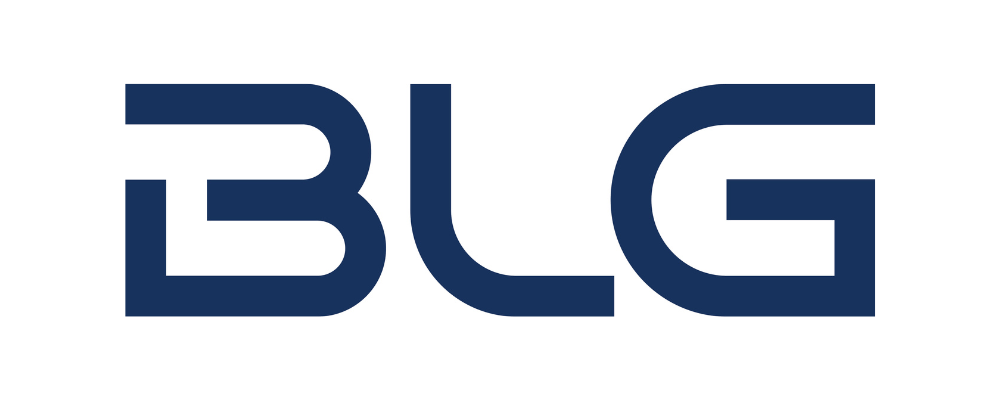In a recent decision, the Superior Court of Québec authorized a class action against a major social media platform operator, paving the way for users to seek compensation for financial losses tied to allegedly fraudulent advertisements posted by third parties.
The plaintiffs allege that they suffered significant financial losses, of $1,000,000 and $250,000 respectively, after being misled by cryptocurrency-related advertising and investing in fraudulent third-party websites. The advertisements falsely promised high returns and used fake endorsements from public figures to mislead users.
The Plaintiffs argue that the platform was negligent in allowing these advertisements to run, profited from their placement, and failed to implement adequate preventative measures to prevent further harm despite receiving numerous complaints.
Key findings
Platform as a potential “advertiser”
The Court found it arguable that the platform could be considered an “advertiser” under Québec’s Consumer Protection Act (CPA), based on its active role in reviewing and approving advertisements, and its internal policies against misleading content.
Application of the Competition Act
The Court allowed claims under the Competition Act, finding arguable grounds that the platform violated federal rules against false or misleading representations by allowing these misleading advertisements.
Liability under Québec’s Act to establish a legal framework for information technology
The platform argues that it was immune from liability as a neutral intermediary. The Court held that such immunity might not apply, given the platform’s proactive role in reviewing, approving, and profiting from the advertisements.
Punitive damages
The Court authorized claims for punitive damages, emphasizing the platform’s alleged continued publication of fraudulent advertisements after receiving notification and the initiation of legal proceedings, potentially evidencing reprehensible conduct.
Class limited to Québec residents
The Court denied certification of a Canada-wide class due to jurisdictional limitations. Since the defendant companies are not domiciled in Québec, the class was restricted to Québec residents who suffered damages within the province.
Significance of the Decision
The case stands out for addressing the potential liability of online platforms that monetize third-party advertisements. The ruling also suggests that statutory protections typically available to online intermediaries may not apply when a platform plays an active role in managing and profiting from content of third parties.
Additionally, the Court reaffirmed the limits of Québec’s jurisdiction over class actions, refusing to authorize a national class, unless strong connections to other provinces can be clearly established.
Contact BLG
This decision is a critical development for any business with a digital platform featuring third-party ads. Our team has extensive experience guiding clients through the complex advertising regulations in Québec and across Canada. If you need advice regarding ads and advertising best practices in Québec and Canada, please contact our key contacts listed below.
By Borden Ladner Gervais LLP “BLG” >>
“As Canada’s law firm, BLG provides high-value advice and advocacy to address our clients’ business challenges and problems. We go beyond legal to anticipate, consult and advise in a rapidly changing digital world.
We have extensive experience acting in specialized and complex deals and disputes. Vigilant, curious and collaborative, we harness technology and innovation to offer our clients exceptional service and value.
With 800+ lawyers across Canada, we serve clients throughout North America, Europe, and Asia. Offering expertise in intellectual property, disputes and corporate transactional matters, our connectivity gives our clients the next-level service required to achieve success in complex and international matters.”
Please visit the firm link to site


